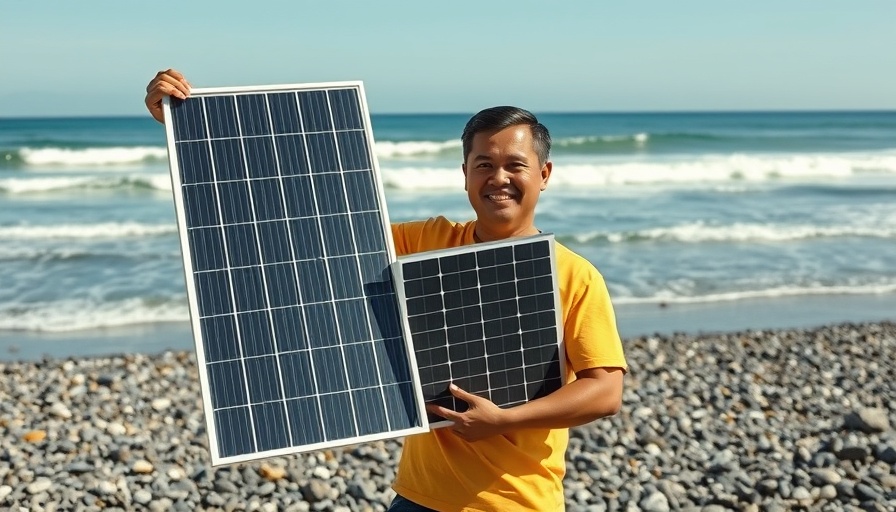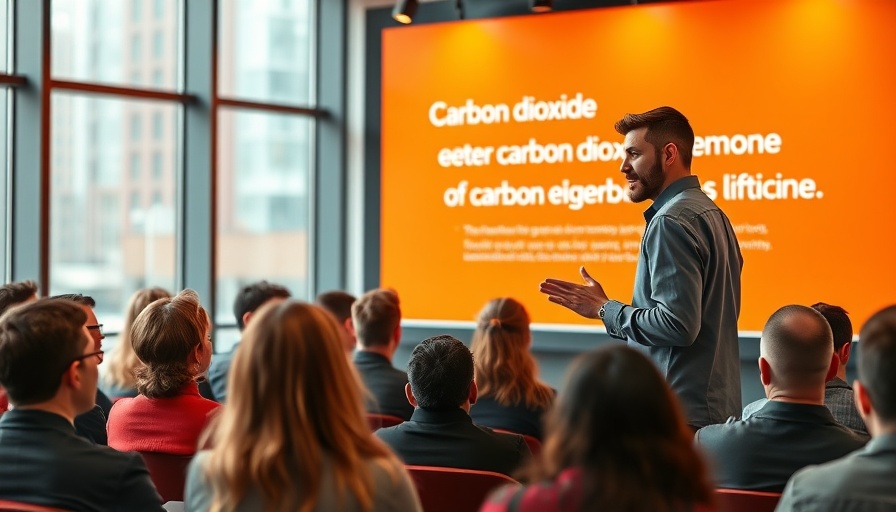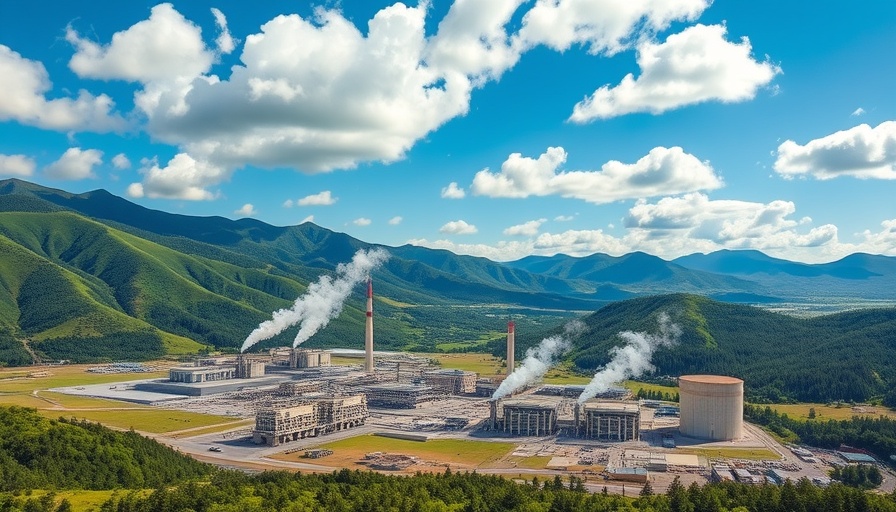
Lighting the Way: Jovie Montajes’ Mission for Renewable Energy
In the wake of increasing natural disasters driven by climate change, a grassroots movement is making waves in the Philippines. Jovie Gil Montajes, founder of Light of Hope Philippines, is on a mission to provide families in rural areas with sustainable and affordable solar energy solutions. His personal experiences during Typhoon Rai in December 2021 ignited a passion for combating the energy inequity that plagues the nation.
Transforming Lives Through Solar Power
Montajes recounted the harrowing night when Typhoon Rai struck, saying, "We were holding hands while listening to the wind howling above us." It was then that he recognized the urgent need for reliable energy sources beyond traditional and hazardous kerosene lamps. His entrepreneurial journey began with the Solderless Solar Night Lamp in a Bottle, a clever use of plastic bottles reflecting light to create a safe night lamp. However, facing financial difficulties spurred Montajes to innovate further, leading to the development of the Solar Cloud Grid project.
An Eco-Friendly Approach to Energy Crisis
The Solar Cloud Grid initiative provides portable kits featuring a 50-watt solar panel, battery, light bulbs, and USB sockets. According to Montajes, the kits can power two LED bulbs and charge four mobile phones daily. This innovation not only improves access to energy but also replaces more dangerous energy sources like diesel generators, thereby helping families reduce their carbon footprint and transition to clean energy.
Supporting Sustainability and Community Resilience
In light of the escalating risks from climate change, Montajes believes that empowering communities through renewable energy is crucial. By 2021, he had installed off-grid solar systems for 55 families across regions severely affected by storms. However, the need for sustained funding remains a hurdle, as production of solar grid kits is largely dependent on grants. Montajes’ tenacity shines through in his dedication to enhance the sustainable development of these communities.
Building a Sustainable Future
As Montajes faces the dichotomies of philanthropic efforts and family responsibilities, his passion for eco-friendly practices remains unwavering. The connection between climate action and community welfare is clear; by providing solar energy, Montajes not only addresses energy inequity but also paves the way for future generations to experience a less disrupted, more sustainable lifestyle.
Key Takeaways for a Greener Tomorrow
For readers eagerly seeking to adopt a greener lifestyle, Montajes’ story emphasizes the importance of supporting sustainable businesses and initiatives. Investing in renewable resources and championing local solutions to energy access can collectively push the limits of what communities can achieve. His journey underscores action on climate change and the power of community-driven solutions.
In conclusion, as each solar kit illuminates a home in the Philippines, it simultaneously lights the path towards a more sustainable future, bringing with it the promise of resilience against natural disasters. By choosing to support movements like Light of Hope and embracing sustainable living, individuals can contribute to significant changes within their communities while mitigating their environmental impact.
Call to Action: To join the movement toward eco-friendly living, consider investing your time and resources into local sustainability initiatives like Montajes’ Light of Hope Philippines. Explore various avenues through which you can make a difference today.
 Add Row
Add Row  Add
Add 



Write A Comment